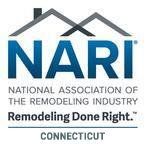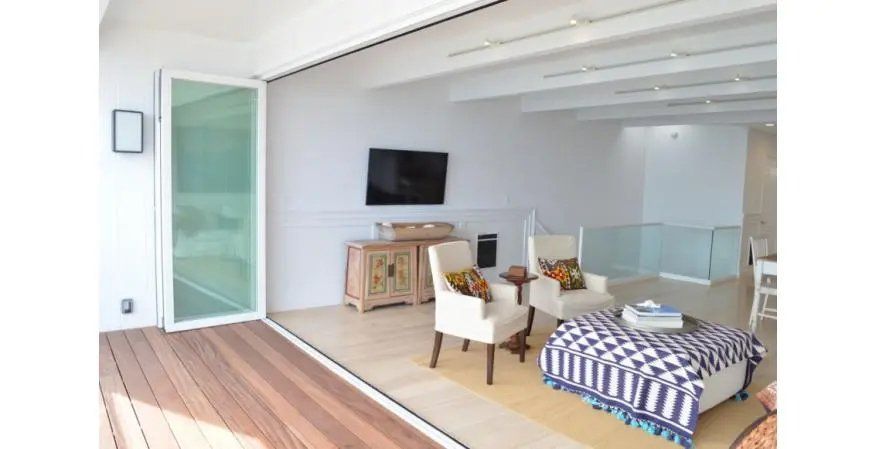Contact Us Today (203) 633-0112
For Pros: Master the Discovery Call
For Pros: Master the Discovery Call
Although it may be tempting to lean on email for communication, it’s easier to read a client’s voice and get to know him or her over the phone.The discovery call is the first major interaction with a client and the most important step in screening a lead and landing the right business. Learning how to master the discovery call can streamline your client evaluation process and close deals more efficiently.
“I find talking to people on the phone gives me a better sense of what they’re about and if their needs align with my skills,” says Jodie Rosen of Jodie Rosen Design in Toronto. “Having the initial interaction on the phone works well for me and is a time-saver.”
Skip the Selling
This conversation shouldn’t be about selling or pushing your services; it should be about learning who the clients are and what they want to accomplish. You will not only get a better idea of the project, you will also find out what it might be like to work with them on a daily basis.
Using this time to ask the right questions and be a good listener will give you the right tools to determine whether a client is a good fit and build trust for future interactions.Find ways to work the following five essential questions into the conversation.
1. How did you learn about us? This is the most important question to ask for two reasons. The first is that it will help you determine how much potential clients know about you. If they found you on Houzz, they may have seen some of your work or read reviews and already have a good idea of your style, which means the process may run more smoothly from the outset.
If they heard about you via other channels, they may have a different sense of your work. This information will help guide the conversation and help you understand how much time and energy it may take to get them up to speed.
In addition, if you spend money or time on any kind of marketing, you should track it to determine the return on your investment. Recognizing which channels are benefitting you most will help guide your business and help you gauge where you might want to spend more effort moving forward.
2. What’s the timeline? Knowing the timeline expectations is a basic necessity, but asking follow-ups can lead to a better understanding of the situation. Why are they doing this now? Do they finally have financing, or do they finally have the time for a remodeling project? What else might be holding them back?
3. What’s the budget? Make sure the budget aligns with your rates and business goals. If they balk at your prices, explain to them the value you offer and the services you provide. Are they ready to spend the money required, and how will they finance the project?
4. Who has the authority to make decisions? Oftentimes industry professionals and clients will come to a decision only to find out that it needs to be discussed with the spouse or kids before final approval. Despite all of the hard work you put in to get to that point, you still can’t move forward. Surprises like that can come at a huge expense, so getting to know the dynamics of the household is essential to project success. “The most important thing I do is try to ensure that all parties involved in the decision process are at the meetings,” says Jared Lewis of Jared Lewis Construction in Scotts Valley, California. “I can’t tell you how many times I’ve had a great meeting and come up with a game plan only to find out that others involved had a different vision. If anyone has the power of veto, I ask that they be present.”
5. What’s the purpose of the project? Simply asking “why?” can lead to a lot of important information. Determining what they hope to accomplish will give you a better idea whether you’re ultimately able to meet their vision.
Ideally, the discovery call will give you a good idea whether or not the lead is promising. If it’s still unclear, refer back to your ideal client profile and see if the potential client matches up.

Contact Us
We will get back to you as soon as possible.
Please try again later.




